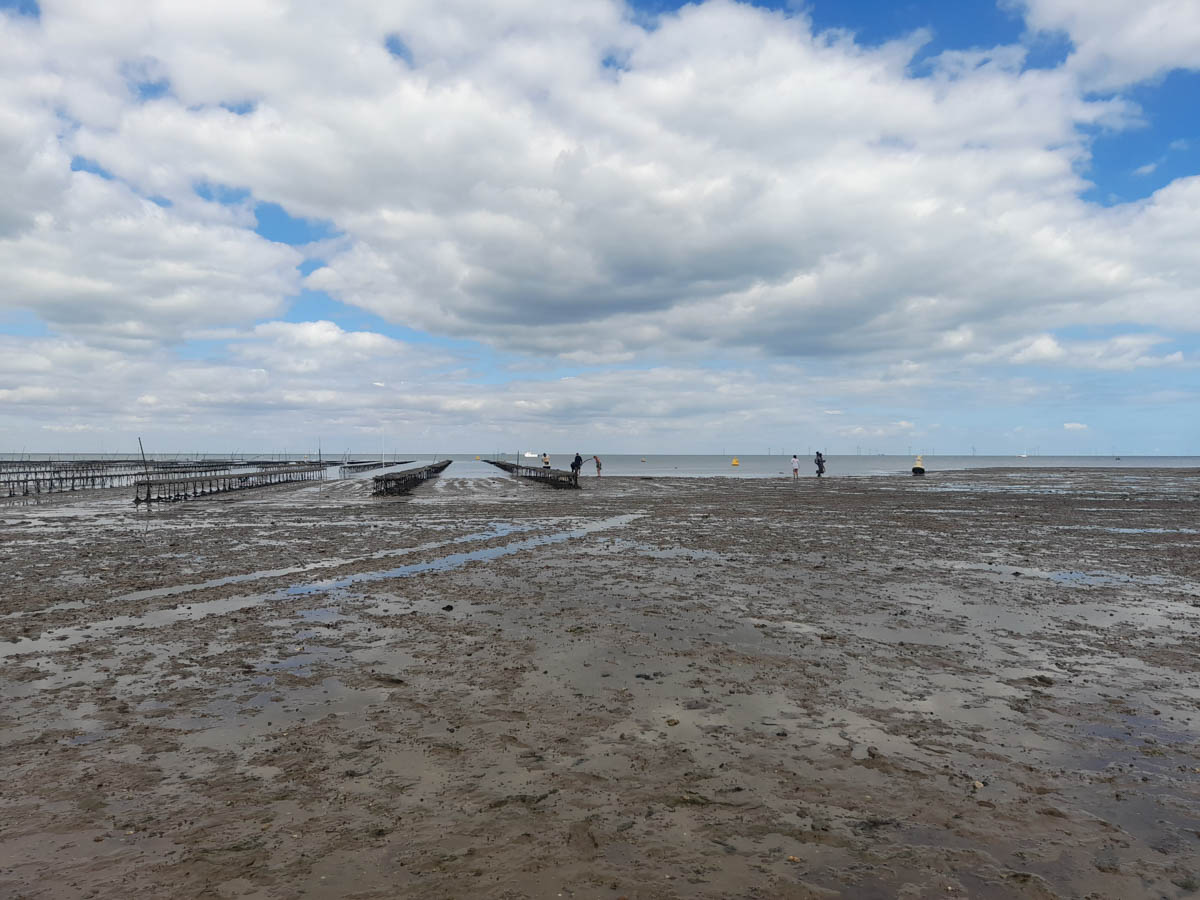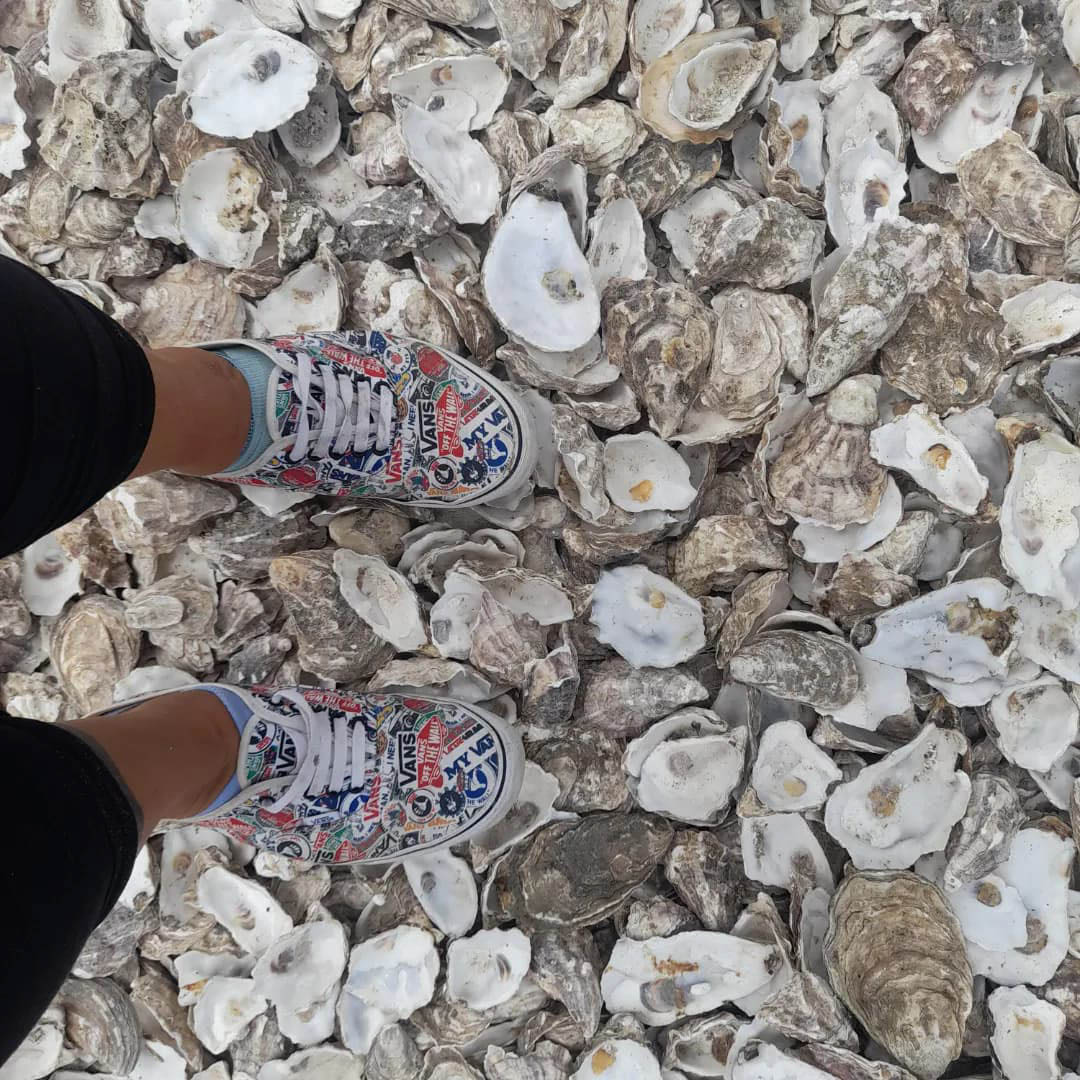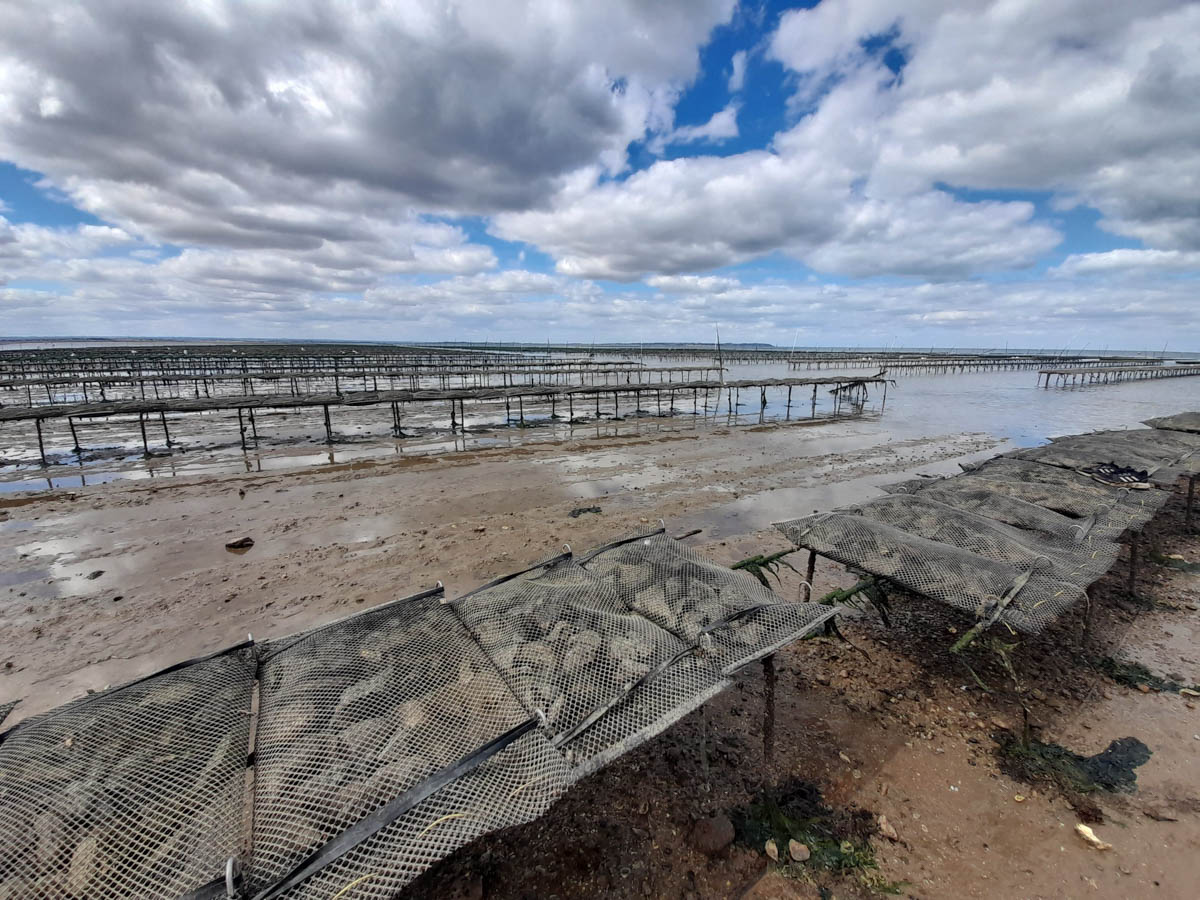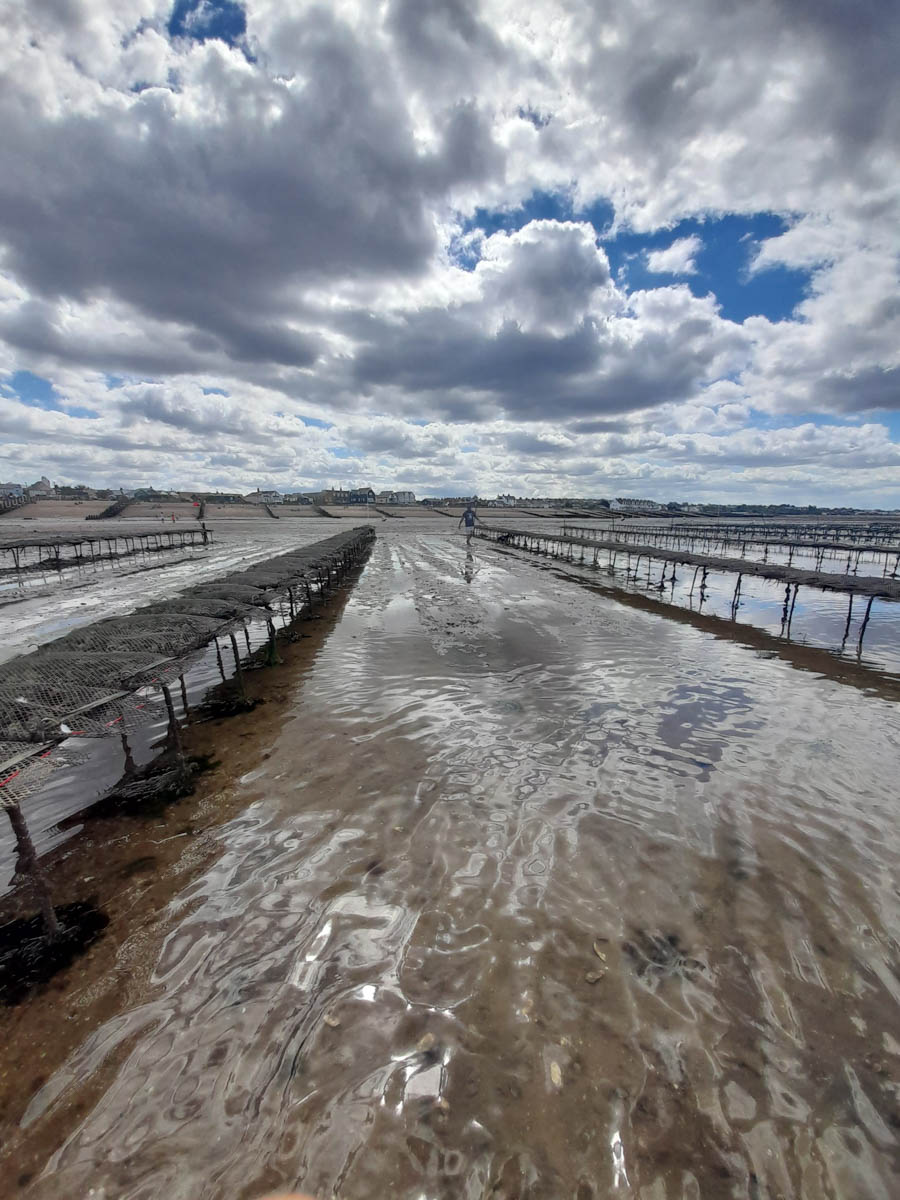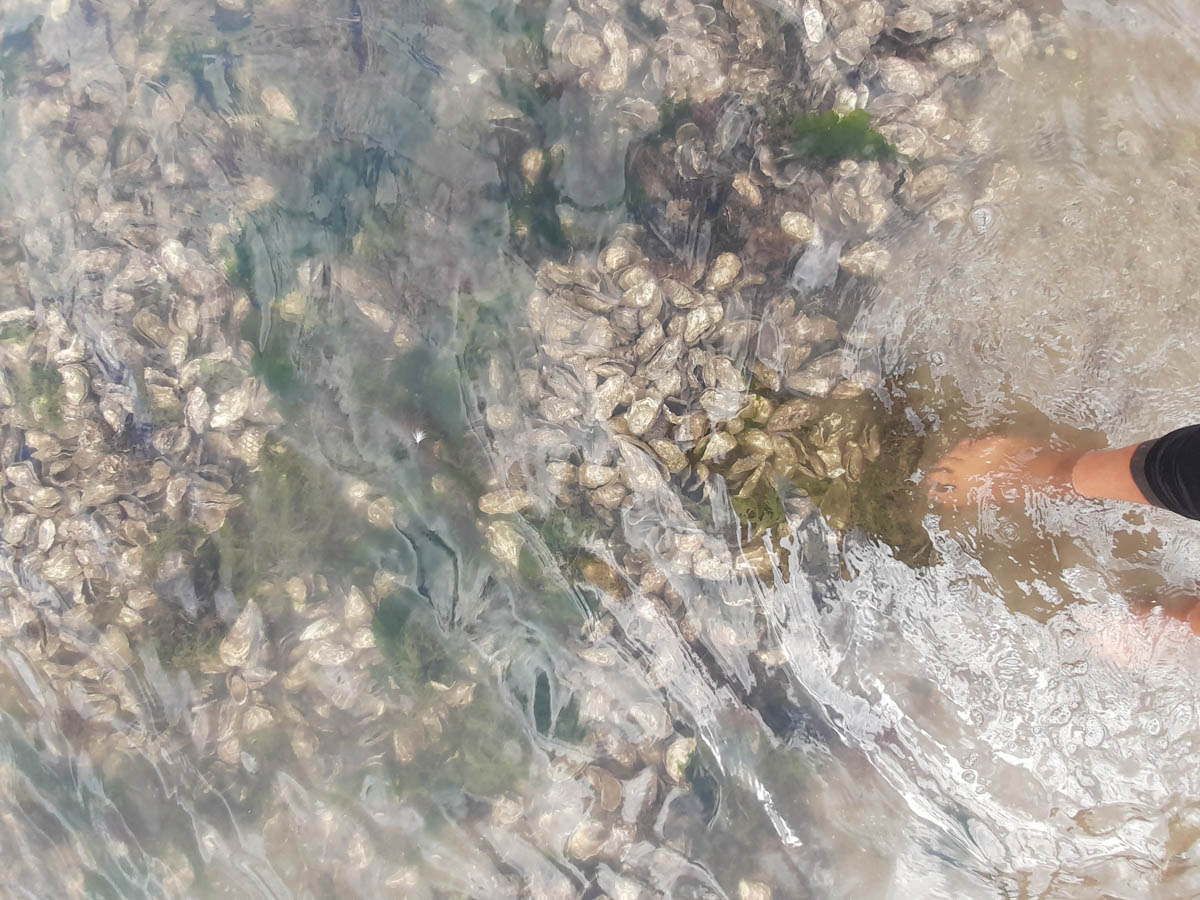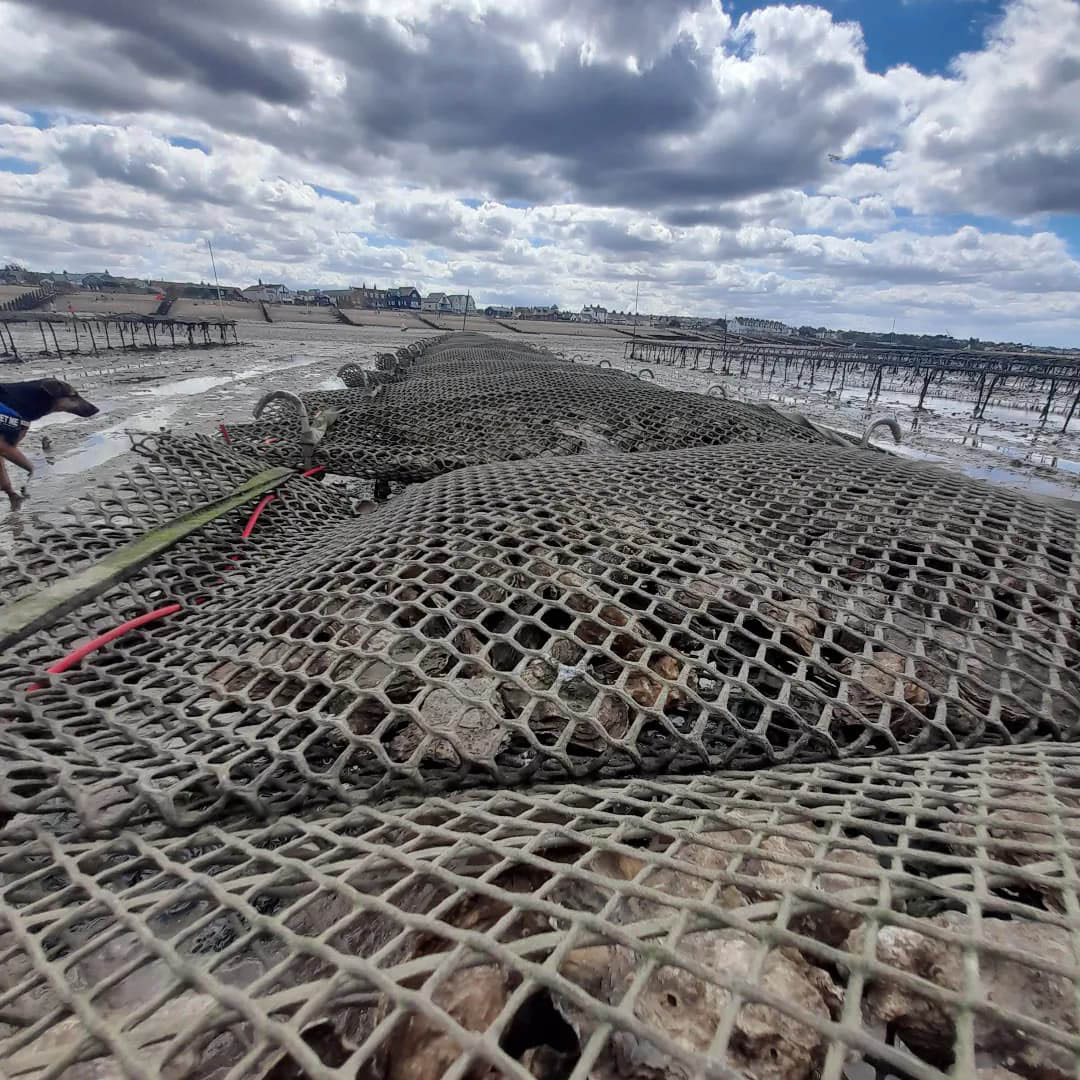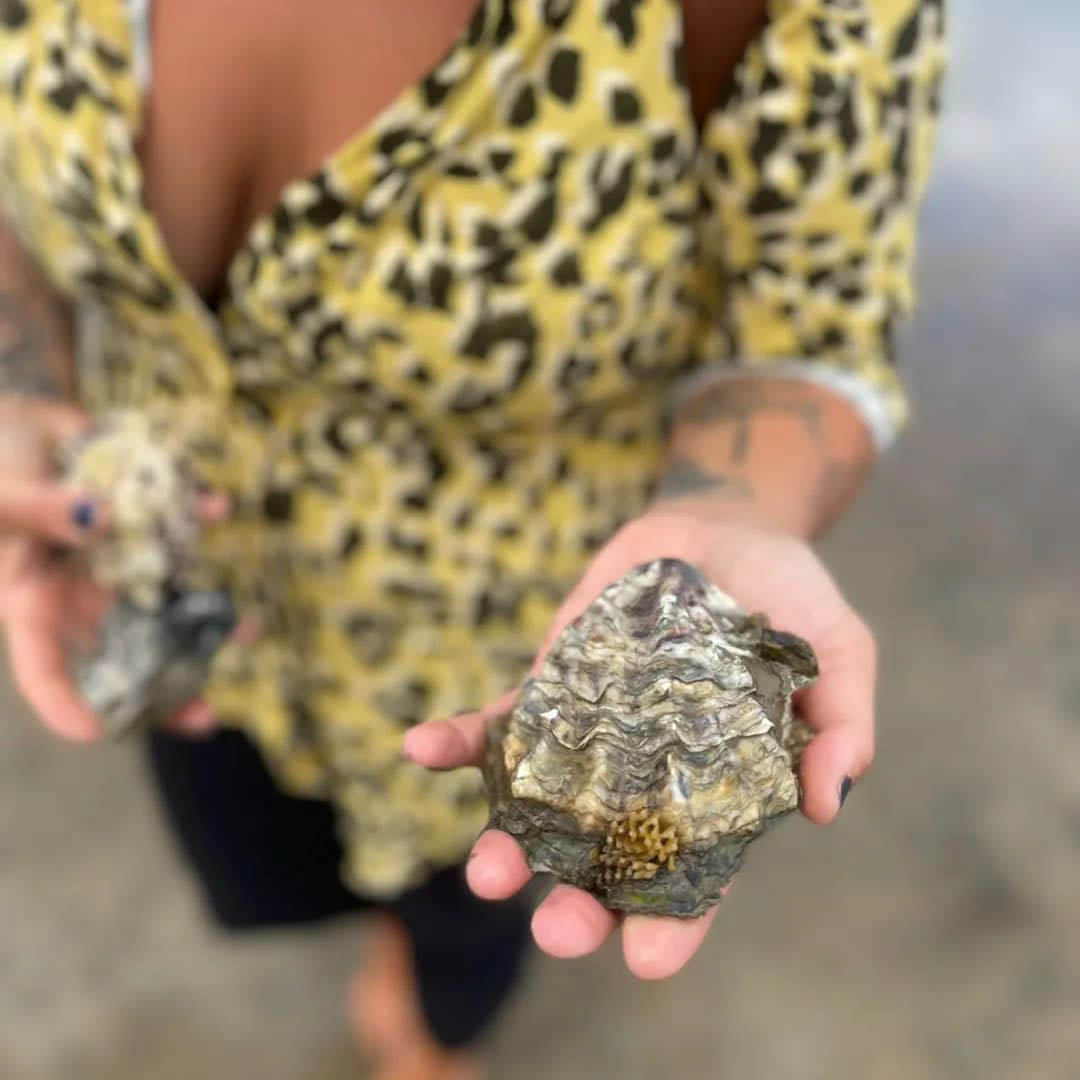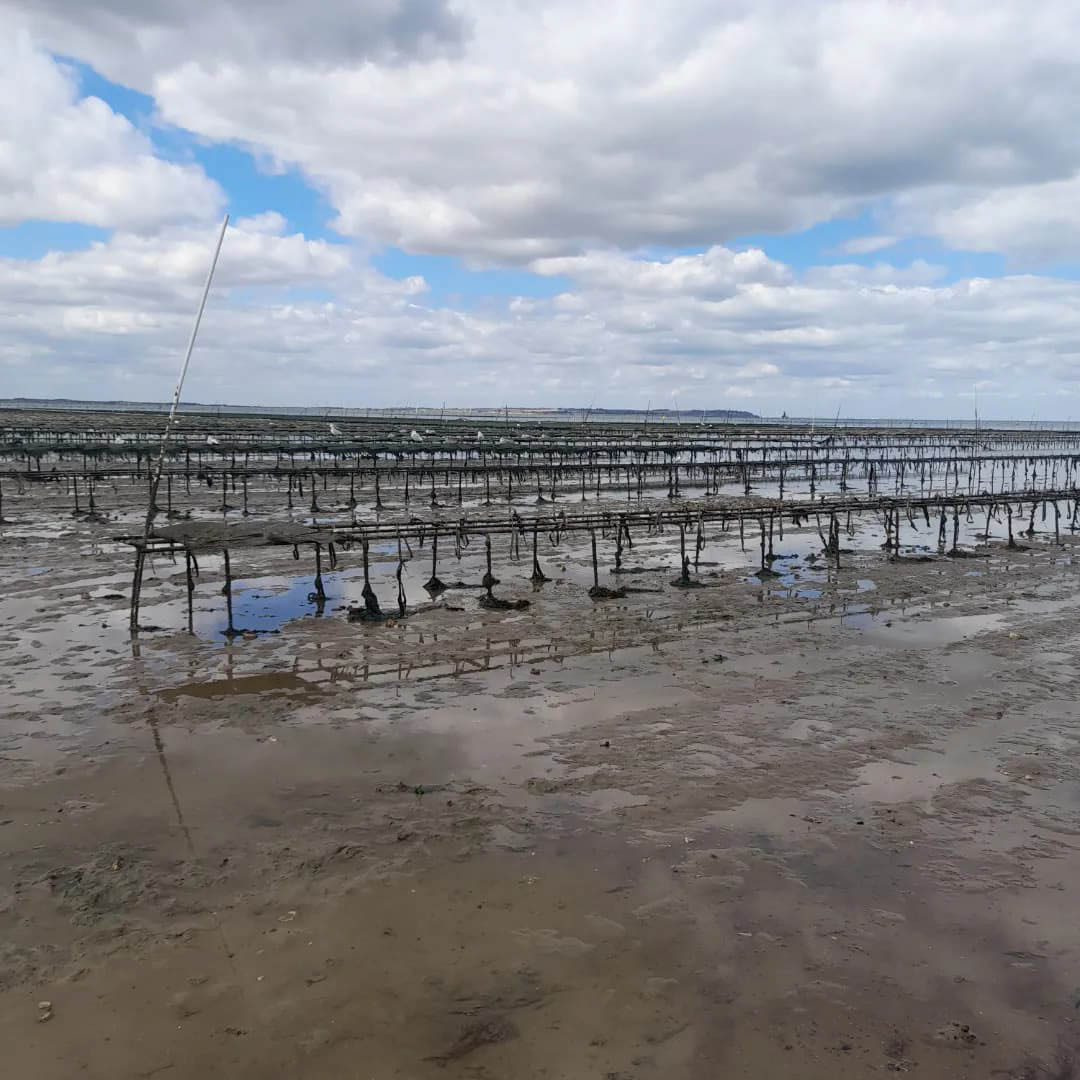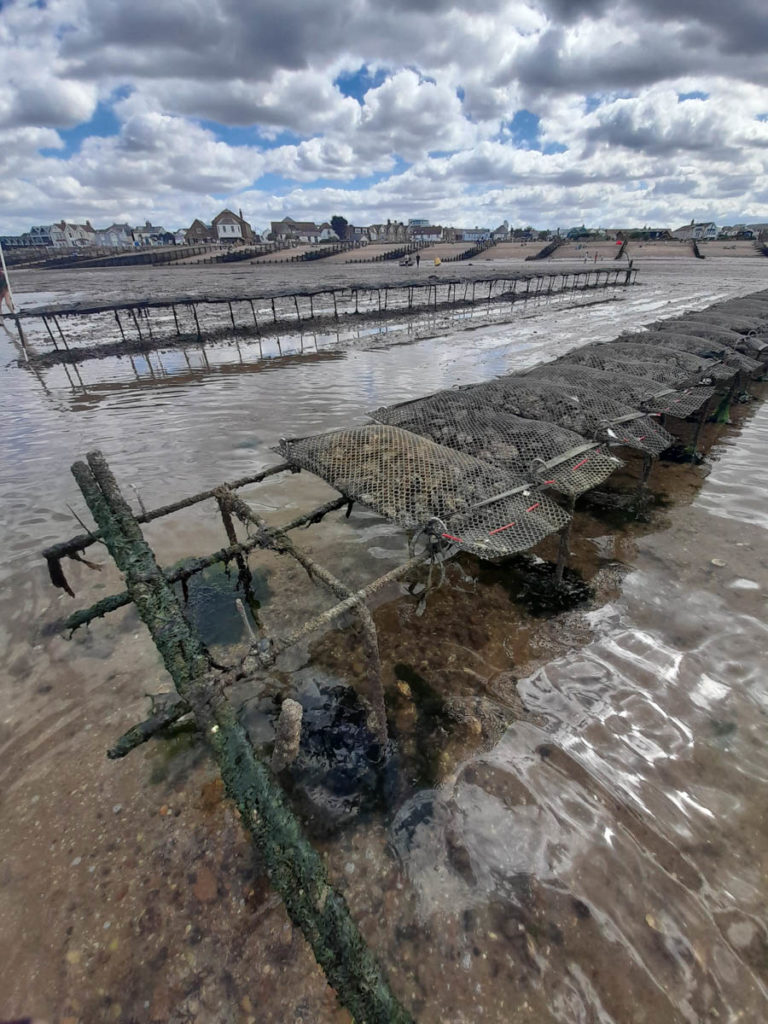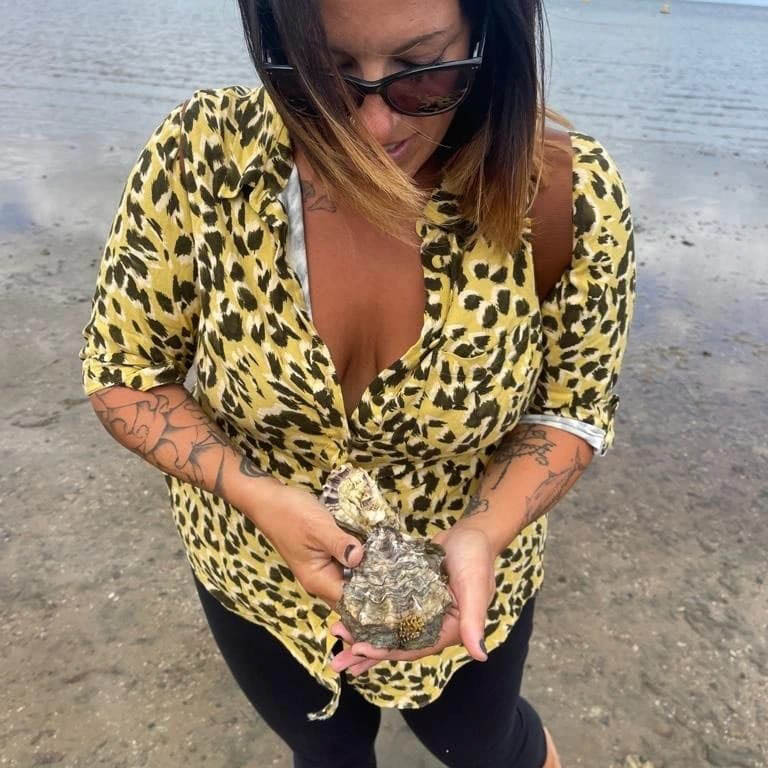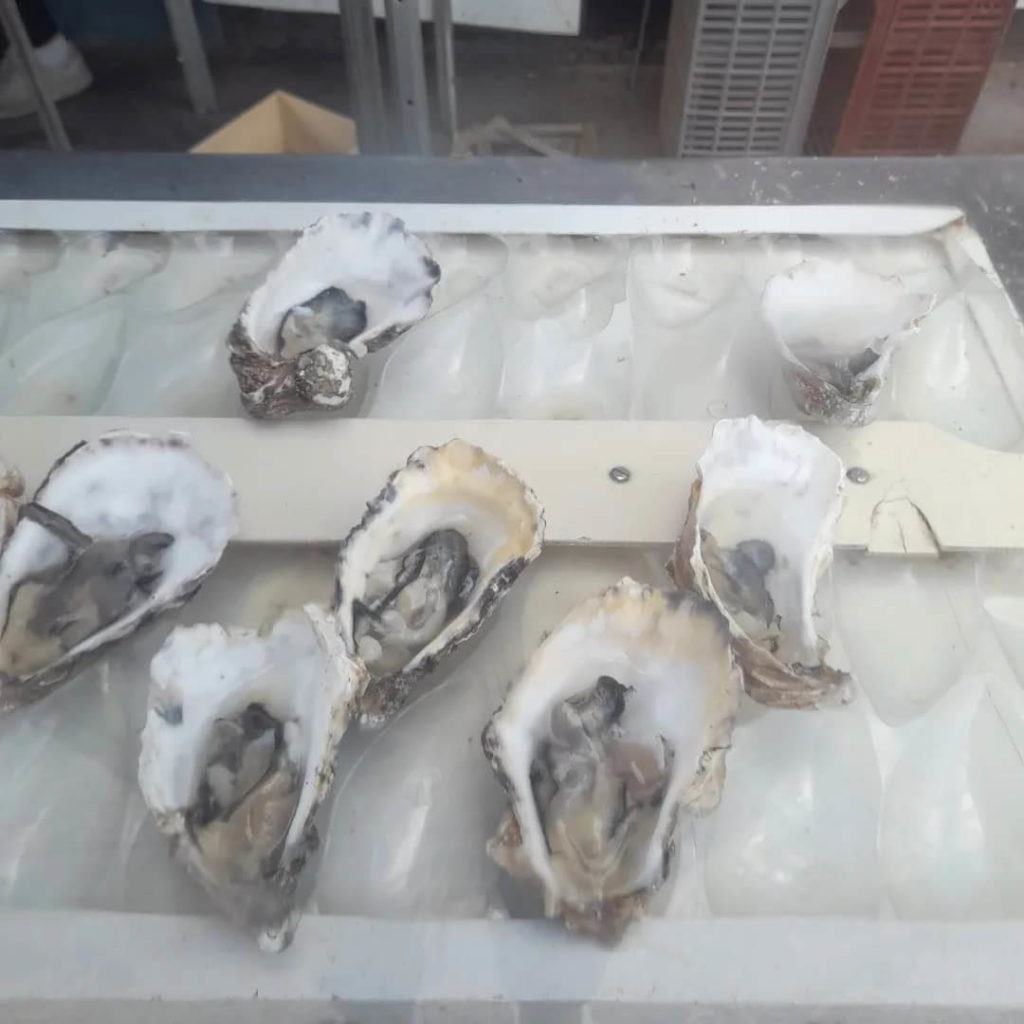Oysters have been farmed in Whitstable Bay since the Roman times with now famous fisheries booming with trade and tourism in the area. The history here is extensive and it is a real hub for this incredibly beautiful and tasty shell fish.
Oyster shacks, restaurants and stalls are dotted around the whole town with locals proud of their produce. The picturesque setting that these oysters grow and are harvested in only provide another reason to visit the area. A beach stroll or wander through the market is a must.
Oysters are not for everyone but their unexpected flavours mean they are worth trying. The salty, briney taste that you might anticipate are of course common but buttery, creamy, sweet and sometimes coppery flavours are well worth an explore.
Packed with essential nutrients, they are often enjoyed as part of a balanced diet and have often been associated with the myth of aphrodisiacs, not a bad myth to practice but sadly untrue.
By definition oyster farming is sustainable and green. One single oyster can filter up to 50 gallons of water per day. Cleaning the water they live in whilst growing. Without oyster filtration clearing the sea water, light penetration would be challenging and would have a negative impact on seagrass and other reef habitat health.
Oysters expel pollutants they filter or absorb them into their shell tissue for growth.
The ecological benefits of farming oysters are vast and start with growing processes that require almost noting but natural materials. They are quite the impressive little shellfish.
Whitstable is a beautiful place to visit and the oyster culture is signature. You can approach the farms, collecting old shells and wading through the water. It is an environment that is extremely accessible and being a part of or witness to the farming process and then tasting them in fringing food outlets only adds to the organic experience.
